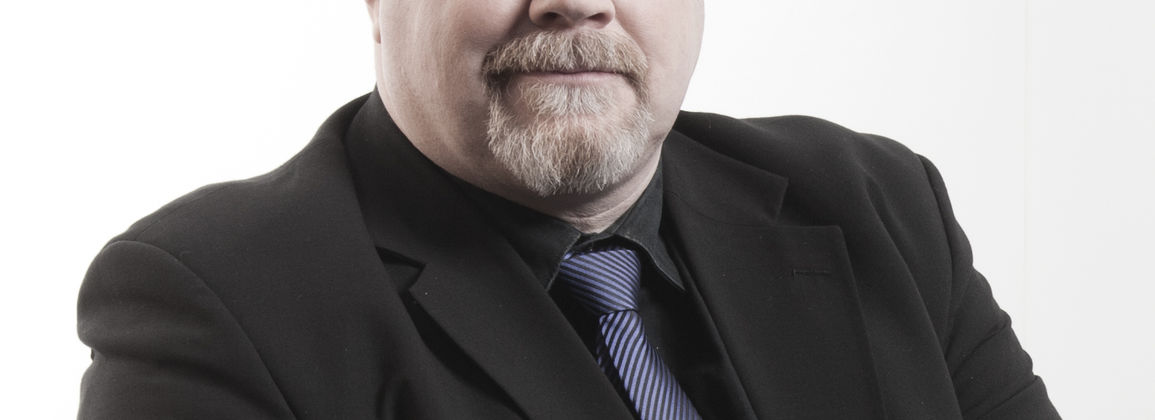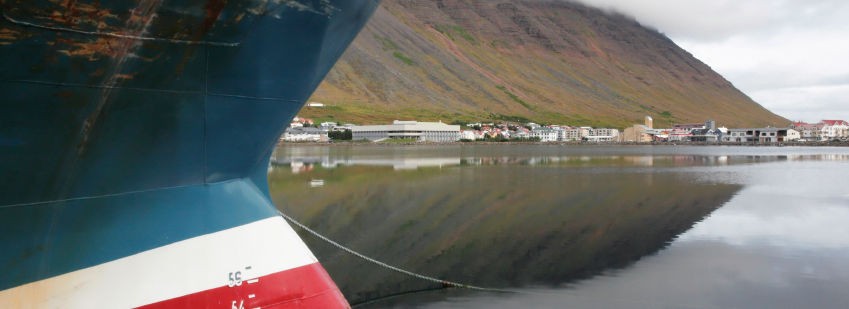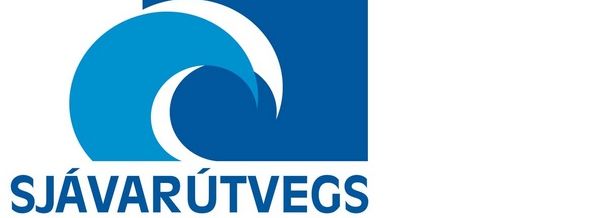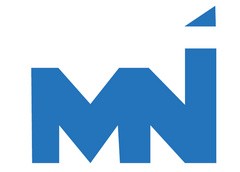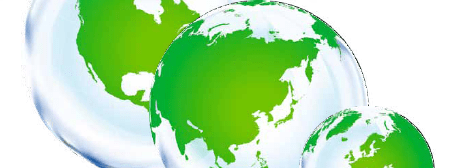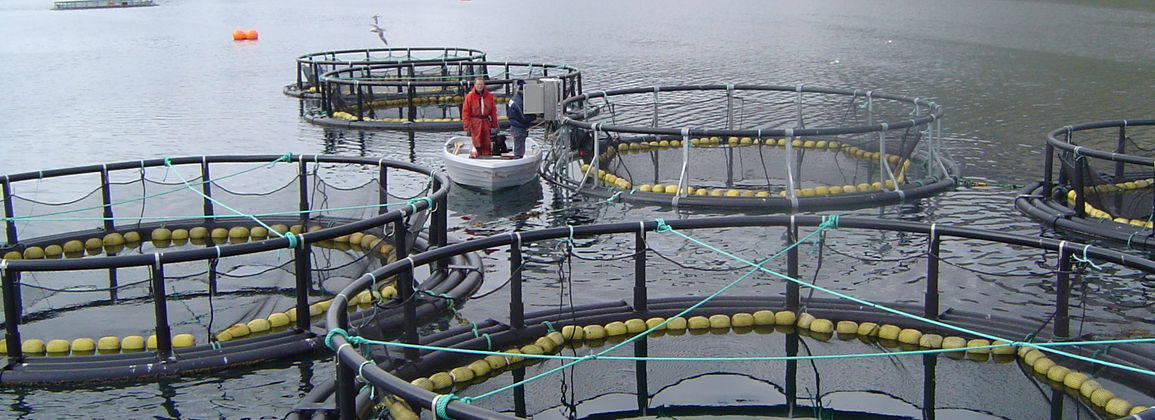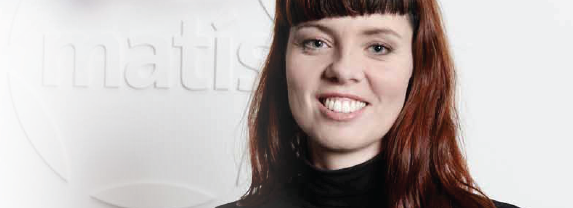Matís employee in a position of influence at SAFE
Oddur Már Gunnarsson, sviðsstjóri Viðskiptaþróunar hjá Matís, hefur tekið við starfi aðalritara SAFE. Mikill heiður er fyrir Odd persónulega og […]
Matís employee in a position of influence at SAFE Nánar »
